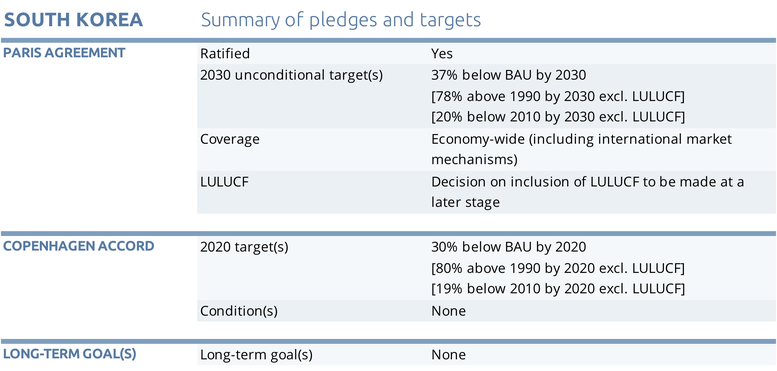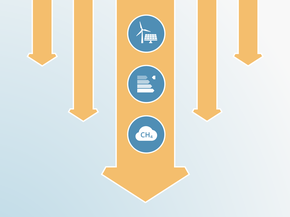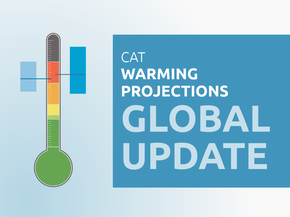Pledges And Targets
Summary table

Paris Agreement targets
NDC update: In December 2020, South Korea submitted an updated NDC. Our analysis of its new proposed target is here.
South Korea signed the Paris Agreement on 22 April 2016 and ratified it on 3 November 2016. Its NDC proposes an economy-wide target to reduce GHG emissions by 37% below business-as-usual (BAU) emissions of 857 MtCO2e/year in 2030 (converted to AR4 GWPs by authors; Republic of Korea, 2015). In absolute terms, this is a target of 539 MtCO2e/year excluding land-use, land-use change and forestry (LULUCF) (81% above 1990 emission levels, that is 24% below 2017 levels) if their target originally based on IPCC SAR GWPs is converted to AR4 GWPs. Based on the recently adopted revised 2030 GHG roadmap, South Korea intends to achieve a 32.5% emissions reduction below BAU domestically. This is an improvement on the 27.5% previously announced. The remaining 4.5% can be achieved through international market mechanisms (ICAP, 2018; Ministry of Environment, 2018).
In December 2019, the government formalised this target as a 24.4% reduction in nationwide GHG emissions below 2017 levels, which exactly corresponds to the reduction level specified by its NDC as 37% below BAU (Ministry of Environment, 2018). The government also recently announced its plan to use accounting of forest sinks to annually reduce 22 MtCO2/year by 2030 as part of the additional contributions beyond the domestic target, with more 16 MtCO2/year to be offset by international carbon credits, according to its latest Biennial Update Report (BUR) and the amendment to the 2030 Roadmap (Republic of Korea, 2019).
2020 pledge
Under the Copenhagen Accord, South Korea agreed to reduce its emissions by 30% below business-as-usual (BAU) emissions by 2020. It proposed this unconditional target in November 2009 and submitted it to the Copenhagen Accord on 25 January 2010.
Under the BAU projections from the Third National Communication, this pledge would have resulted in emissions of 551 MtCO2e/year in 2020 excluding LULUCF (equivalent to 85% above 1990 emission levels).
However, South Korea has replaced the 2020 pledge by the weaker 2030 NDC target in its updated Green Growth Act (National Law Information Center, 2016). Although the Copenhagen pledge has not officially been withdrawn, it is no longer actively pursued. We therefore no longer take this target into account when calculating the global temperature increase resulting from the current pledges of all countries.
Further analysis
Latest publications
Stay informed
Subscribe to our newsletter




